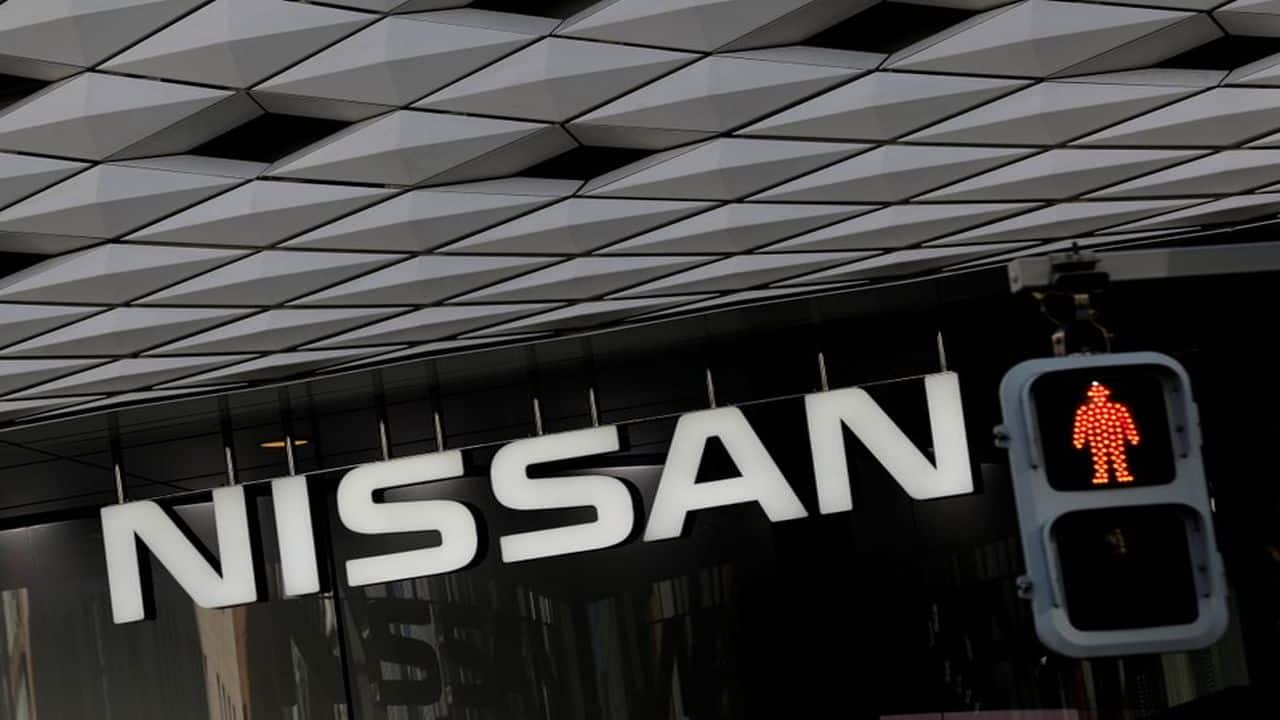Pune-based firm experiments with ‘lights-0ut manufacturing’ for unhindered production during COVID-19. In this process, facilities are fully automated and human hands do not touch the product during manufacturing. CMD says COVID-19 will see more firms following suit.
Manufacturing doesn’t require lights, let’s go ‘lights out’. So, what is Baba Kalyani talking about?
The Chairman and Managing Director of Bharat Forge , one of India’s biggest suppliers of automotive components, says his company has “started running machines unmanned in a limited way.”
“The intention is to ultimately move to a lights-out facility, wherever feasible,” he adds.
‘Lights-out’ manufacturing refers to a fully automated facility where human hands do not touch the product during the entire phase of manufacturing. Such facilities are able to function with lights switched off and are controlled using advanced technology.
“The future of manufacturing is going to be radically different. The COVID-19 pandemic is only fast-tracking this transformation,” Kalyani says.
Artificial Intelligence (AI) and Internet of Things (IoT) will enable to expedite such shifts, he said in Bharat Forge’s annual report.
The pandemic did bring research-and-development (R&D) work of automotive companies to a complete halt because of the lockdown. While product development plans of each company is running 2-3 months behind schedule, most have learned to get used to the work-from-home routine.
Workers are required to oversee manufacturing, but it became impossible during the lockdown due to restrictions on people’s movement. Several companies were managing factory output with far lesser manpower, using technology.
“For manufacturing, greater connectivity will mean significantly accelerated implementation of Industrial IoT, including sensing, data visualisation, remote collaboration tools and AI-based insights inside operations,” Kalyani explained.
Pune-based Bharat Forge has 10 factories, including five in India.
The automotive industry has moved to full automation rapidly over the last decade. Processes like welding and painting are today controlled by industrial robots using pre-programmed manufacturing software.
Such automation measures have progressively brought down human jobs at factories that were dependent on hard labour. Companies are also in favour of greater automation to eliminate human resource issues like strikes and lockouts.
“AI and Machine Learning are being deployed wherever relevant to remove human discretion, often prone to errors, from the equation,” added Kalyani.
More takers
During the course of the lockdown and early phase of unlocking, Hyundai Motor India (HMIL) was able to run its twin factories near Chennai using virtual tools. The carmaker was able to scale up production quickly because of ‘thousands’ of changes on the shop floor and ‘hundreds’ of changes in the manufacturing processes.
“Five months ago, I would have laughed at the idea of combining manufacturing and ‘work from home’. But it was happening; work was still going on using video interface technologies. We are able to bring in the entire shop floor, vehicle assembly, pre-assembly and simulation onto the computer. We were able to make close to 7,200 changes on the shop floor and revive the mechanisms,” said Ganesh Mani, director, manufacturing operations, HMIL.
“We have started collaborating on digital platforms to do more with less and launch new products/projects faster. White-collar productivity is significantly enhanced due to collaboration on digital platforms. Meetings in virtual digital space are common now. They facilitate social distancing naturally and are more efficient,” added Kalyani.













